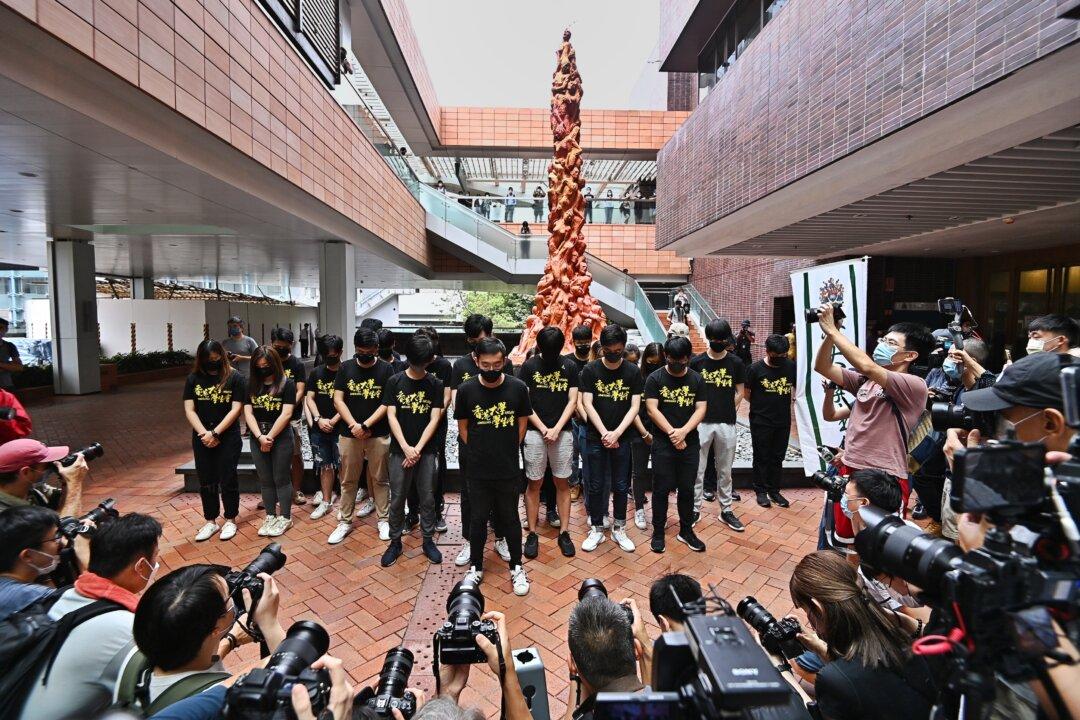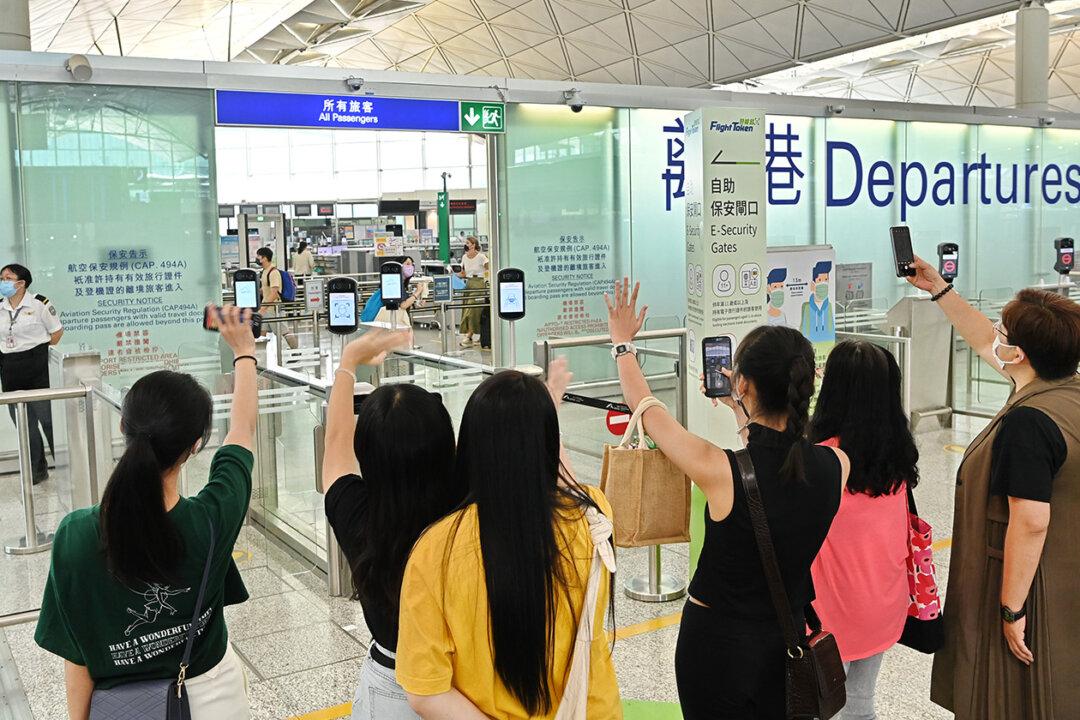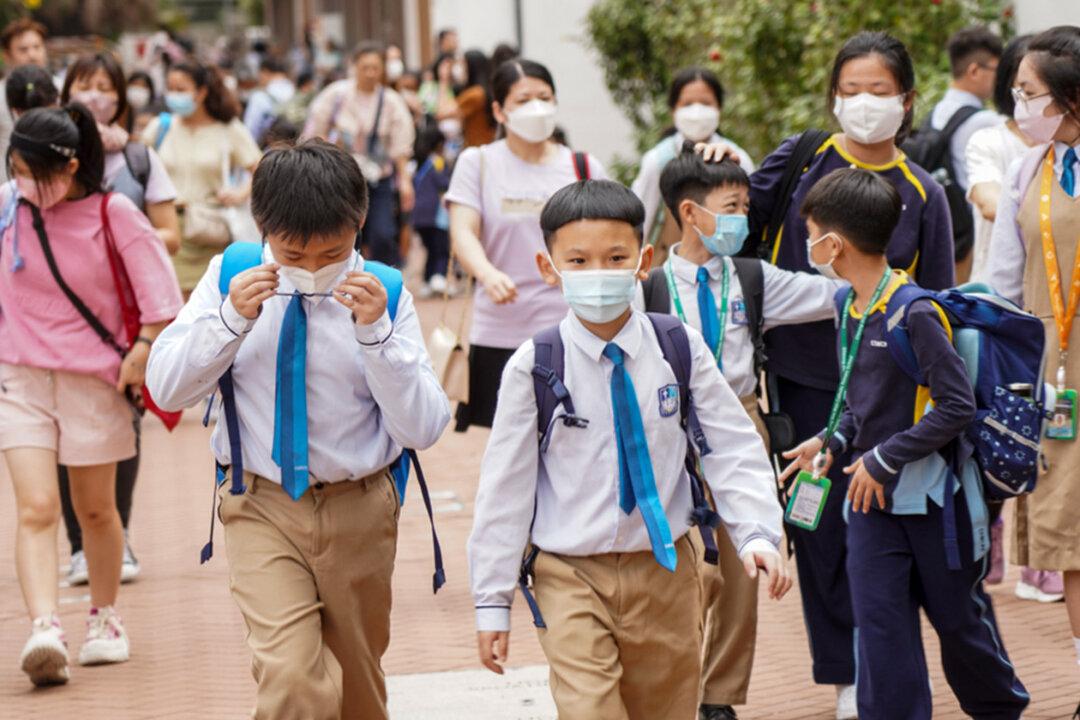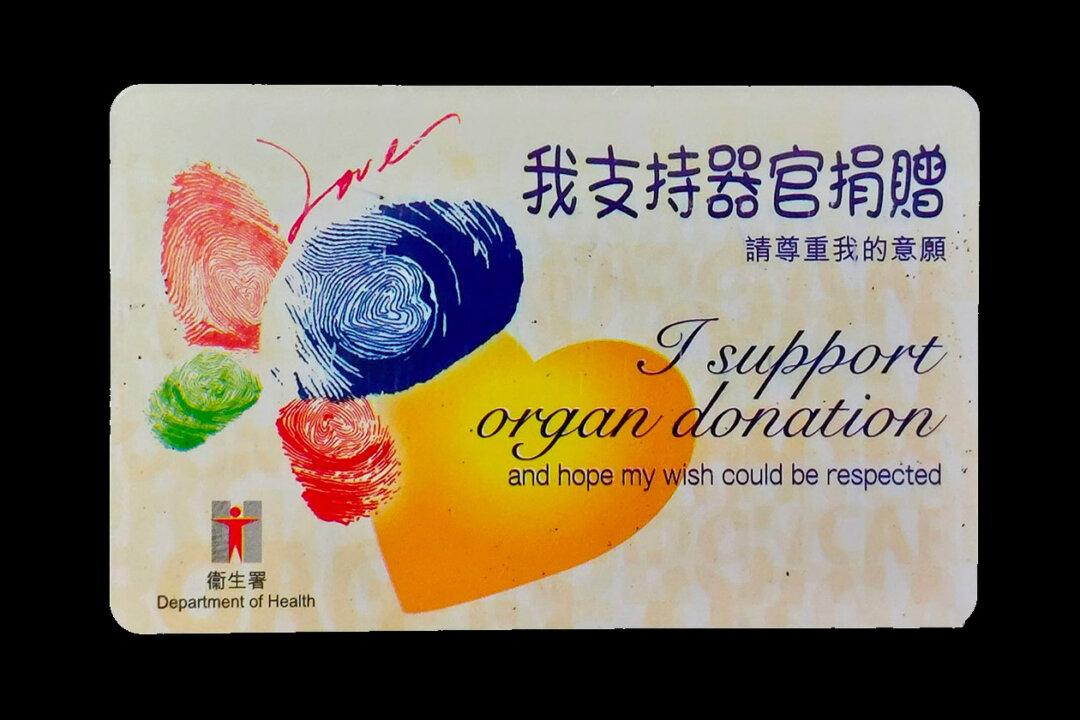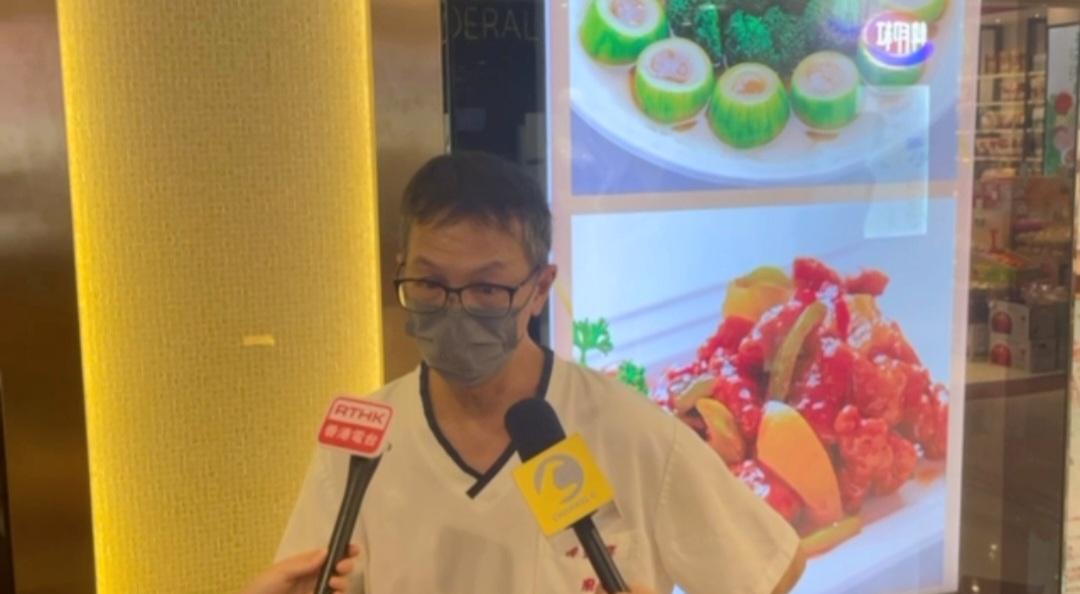Since the implementation of the Hong Kong National Security Law (NSL) in 2020, all universities in Hong Kong have had the obligation to implement various forms of “national security education” as part of their curriculum.
Recently, as a follow-up, the Education Bureau submitted a document to the Legislative Council, disclosing in detail the latest status of the implementation of “national security” and “national education” courses in the 11 universities in the past two years.
It included, among others, those courses that formed one of the compulsory courses for graduation accreditation and other voluntary activities. A former Beijing resident who witnessed June 4th massacre said this is exactly the same brainwashing tricks played by the Chinese Communist Party (CCP) over the years.
Dr. Benson Wong Wai-kwok, a former assistant professor of politics and international relations at Baptist University, postulates that students who have experienced the anti-extradition movement or pay attention to current events will never believe wholeheartedly the content of those brainwashing courses.
On Dec. 13, the “Subcommittee to Study the Promotion of National and National Security Education” under the Panel on Education of the Legislative Council will discuss the agenda on “Teaching, research, and promotion of national and national security education in post-secondary education institutions.”
The document submitted by the Education Bureau to the Legislative Council declares that all post-secondary institutions have incorporated “national and national security education” as part of the students’ learning program starting from the 2021/22 session, including but not limited to holding lectures, organizing experience sharing sessions, workshops, forums, and study tours.
11 Colleges and Universities Promote Compulsory ‘National Security Courses’
The 204-page document submitted by the Education Bureau to the Legislative Council this time lists in detail the “National Security and National Education” courses of eight UGC-funded universities and three self-funded universities, including all compulsory courses required for graduation and other voluntary activities. Every institution makes it mandatory for students to take or attend a certain number of hours of “National Security and National Education” courses or lectures as one pre-requisite for graduation.The City University of Hong Kong offers a compulsory course on “Chinese Culture-History and Philosophy,” totaling 39 hours of class time, covering all the broad issues on “Chinese history, national security, civic responsibility,” and the like.
In addition, an introduction to the NSL was included as 1 item in the Orientation Day held by City University for first-year undergraduates on Aug. 20 this year. On Oct. 27, CityU held the “Hong Kong National Security Law Seminar” to introduce the legislative background and four types of crimes of the “Hong Kong National Security Law” to the executive committee members of student groups. But the session was attended by only 28 people. In October 2023, CityU will hold two more “Hong Kong National Security Law Seminars,” one in Cantonese and one in English, targeting 50 to 100 attendees each occasion.
The Hong Kong Baptist University (HKBU) offers a compulsory course on “National Security Law Education,” which involves two hours of lectures and two hours of self-study and reading materials. After that, students must pass the online multiple-choice test to obtain credit points. In addition, HKBU declares that “when there are major achievements at the national level,” videos proclaiming such national achievements will be shown on the campus TV screens to enhance students’ sense of pride in the country. In June 2023, a 5-day Greater Bay Area (GBA) tour and experience groups will be organized, targeting 20 to 30 students.
Lingnan University offers a compulsory course on “Building Hong Kong,” which covers the “Constitution of the People’s Republic of China,” “Basic Law,” and “Hong Kong National Security Law,” with a total of 42 hours of class time. Lingnan University also established a flag-raising team with more than 30 people, claiming that the “flag-raising ceremony” can help build students’ sense of belonging to the country and reduce the risk of violating the NSL.
CCP Applied Similar Brainwashing to Mainland Students after June 4th
Ms. Lin, herself a witness of June 4th in Beijing, emigrated to Hong Kong 30 years ago and was interviewed by the Epoch Times recently.She was 12 years old at the time of the June 4th massacre, but she still has a vivid memory of the scene. Since Beijing citizens like herself experienced June 4th, it is futile for the CCP to use the same deceptive propaganda as it did to other provinces. Forced brainwashing has thus become the CCP’s alternative mainstream idea to deal with Beijing students.
“Politics is a compulsory course for all secondary school students in China, and everybody needs to pass it in all entrance exams for higher grades. If you fail, you will have no hope of joining a good high school or university.”
“After 1989, all students above high school had to undergo military training in the following years. And Peking University students were especially targeted and received the worst treatment. As they played a pivotal role in the student movement, so all freshmen of Peking University had to participate in one year of military training, as if to punish them for what their predecessors had done.” In the third year after June 4th, Ms. Lin herself entered the first year of high school and still had to participate in two weeks of military training. During the training, they were called upon to obey the soldiers’ orders and sang all the anthems praising the CCP.
Among her high school classmates, there were students from different provinces, and they had different views on June 4th. “Students in Hainan didn’t know this happened at all, and they accepted and believed the CCP’s propaganda that June 4th was a counter-revolutionary plot. Students in urban Beijing didn’t dare to speak out, and students in the suburbs pretended not to know under the circumstances…”
‘Students Don’t Really Believe’
Dr. Benson Wong Wai-kwok, a former assistant professor of politics and international relations at Baptist University, analyzed as follows during an interview on Dec. 8 with the Epoch Times. He said that the university’s formulating all those compulsory national security education courses is an attempt to “just brush it off” the order of the government’s requirements. He estimates that both the teachers and students will take it on surface value, just complete the course assignments and exams. He believes students who have experienced the anti-extradition movement or who pay attention to current events will not believe in the course content at all. Only some students who want to join the civil service might pretend to be “brainwashed.”‘College Education Has Deteriorated’
Ben Lan Siu-pan, a former district councillor who served as the secretary of the CUHK Student Union and the deputy secretary-general of the Hong Kong Federation of Students (HKFS), criticized the university’s “national security and national education” activities in an interview with the Epoch Times on Dec. 8. He said that filling students’ mind with the CCP’s propaganda and discourses is one reflection that university education in Hong Kong has deteriorated to such an extent that critical thinking is no longer encouraged.He also questioned why non-local students are required to take the same courses. “Some students are from Europe and the United States; they are not Chinese. Why do they have to be nurtured with a Chinese identity?”
Lam analyzed that within the near future, secondary school students during the anti-extradition movement will become college students. He believes they know the truth about that part of history and will not be “brainwashed” by the regime. But in the long run, he worries that this recitation of national security education can successfully “brainwash” Hong Kong’s future generations into believing that the regime’s suppression of the democracy movement and civil society was correct.
